In the challenging, high-stakes environment of offshore energy, healthcare providers like Dr. Clara Dede Elma Tetteh-Yeboah play a pivotal role in ensuring the safety and well-being of personnel on board. As an offshore medic with OceanLift Subsea, Dr. Tetteh-Yeboah is not just leading medical efforts; she is breaking down barriers for women in medicine and in offshore spaces.
A Medical Doctor (MD) and Master of Public Health (MPH) graduate, Dr. Tetteh-Yeboah’s path into offshore medicine is a story of serendipity and passion. What started as a temporary six-week assignment quickly evolved into a rewarding three-year journey working in remote, high-pressure settings that she had always envisioned.
“I’ve always wanted to work in remote settings, and my first offshore experience was a chance that I couldn’t let slip away. It was meant to be a short-term role, but my passion for delivering essential care in high-stakes environments kept me on this path,” she shares.
In her current role as an offshore medic with Oceanlift Subseas, Dr. Tetteh-Yeboah is responsible for the health and safety of all personnel aboard the construction vessel. Her day begins with meetings with the onshore team, ensuring that everything is in place—from routine checks of the clinic and medical supplies to offering consultations for walk-ins and follow-ups. With her extensive training and readiness, she remains on call for emergencies that can range from minor injuries to severe trauma due to the nature of subsea work.
As part of her role, Dr. Tetteh-Yeboah also conducts health and safety briefings, participates in emergency drills, and manages medical documentation—an ever-evolving role that requires adaptability, quick thinking, and a comprehensive understanding of medical care in a remote environment.
Understanding the global scope of health challenges is a priority for Dr. Tetteh-Yeboah. With an interest in travel medicine, she completed additional training in managing health conditions related to international travel. She recognized that practicing medicine in diverse cultural and geographical contexts was vital, ensuring her care and approach can meet the needs of offshore personnel from various backgrounds.
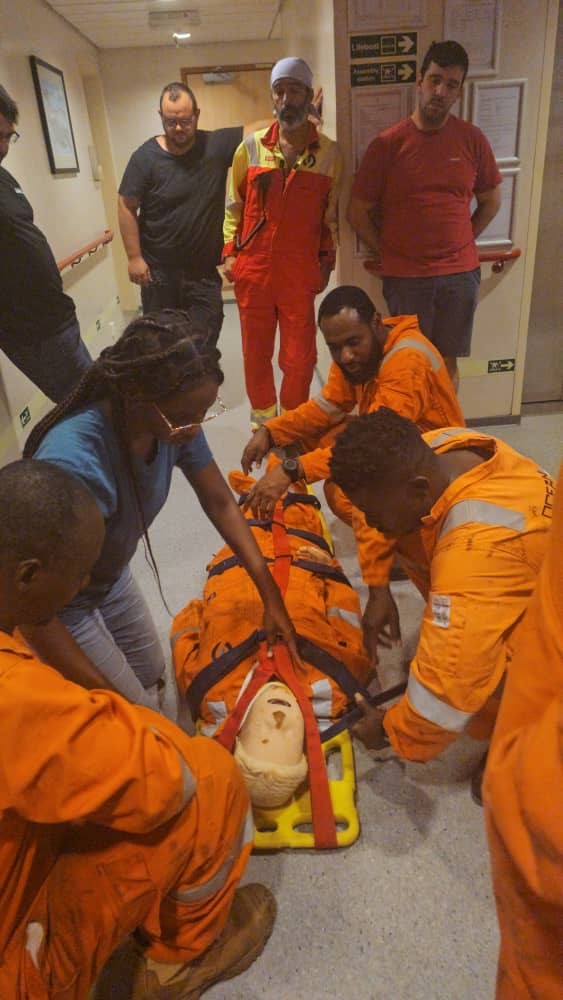
“Health transcends borders. Having a deep understanding of travel and international health has made me more effective in managing conditions influenced by a person’s travel history or the specific offshore environment,” she explains.
As a female offshore medic in a traditionally male-dominated field, Dr. Tetteh-Yeboah’s journey has been one of perseverance and grit. Establishing her authority and credibility in a male-dominated work environment was a challenge she met head-on. Communication also became a critical aspect, as cultural differences and language barriers occasionally created the need for extra effort to ensure her medical advice was clearly understood.
Despite these challenges, she has worked tirelessly to build trust with her colleagues and deliver excellent care—proving that leadership and competence know no gender.
“The most important aspect is building trust. I’ve learned that delivering excellent care speaks volumes and helps me earn the respect of the crew,” she notes.
Dr. Tetteh-Yeboah also sees the role of offshore medics evolving. She recognizes a growing emphasis on preventative medicine, mental health support, and occupational safety in offshore environments. In addition, her work has become more integrated with public health surveillance, infection control, and health policy implementation.
“Offshore medics are becoming comprehensive health managers, not just emergency responders. With global health crises like pandemics, we are increasingly being called to provide expertise in public health,” she explains.
To young women, especially those from Africa, considering a career in offshore medicine or international health, Dr. Tetteh-Yeboah has strong advice: be bold and never say never. She emphasizes the importance of medical education, diverse clinical experience, and specialized certifications, all of which are essential for excelling in offshore or international health careers.
“Believe in your capabilities and the unique perspective you bring as a woman. Don’t let the male-dominated nature of the industry hold you back—seek mentorship, network with professionals, and be confident in your journey,” she advises.
For Dr. Tetteh-Yeboah, representing women in offshore spaces is vital. She highlights the significance of seeing women—especially African women—thrive in roles traditionally dominated by men, which helps challenge stereotypes and break down barriers.
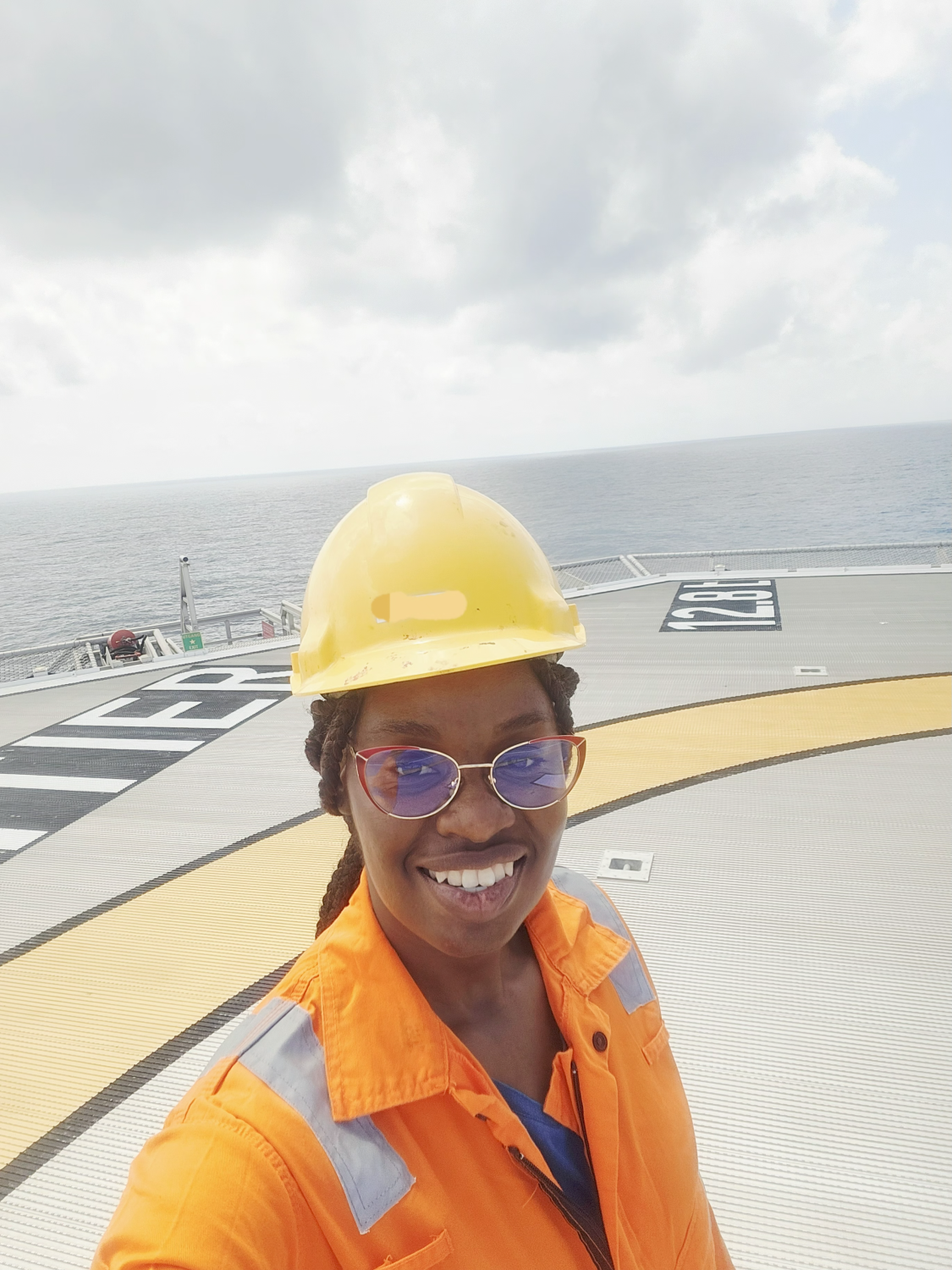
“It’s empowering to see more young African women like me in this role. It helps dismantle stereotypes and shows that there are no limits to what we can achieve,” she says proudly.
Dr. Tetteh-Yeboah encourages all members of the Women Offshore community to embrace the challenges of working in the offshore sector, noting the profound personal and professional rewards that come with the experience.
“The journey can be challenging, but it is also incredibly rewarding. The friendships, the teamwork, and the satisfaction of providing vital care in remote settings are unparalleled,” she concludes.
This month, as we celebrate the accomplishments of women in offshore and medical fields, we honor Dr. Clara Dede Elma Tetteh-Yeboah for her outstanding leadership, trailblazing role as a woman in offshore medicine, and her dedication to creating inclusive and supportive spaces in remote work environments.
Dr. Tetteh-Yeboah’s story is a powerful reminder that with resilience, determination, and a commitment to excellence, women can thrive and lead in any field—no matter how unconventional the path may be.

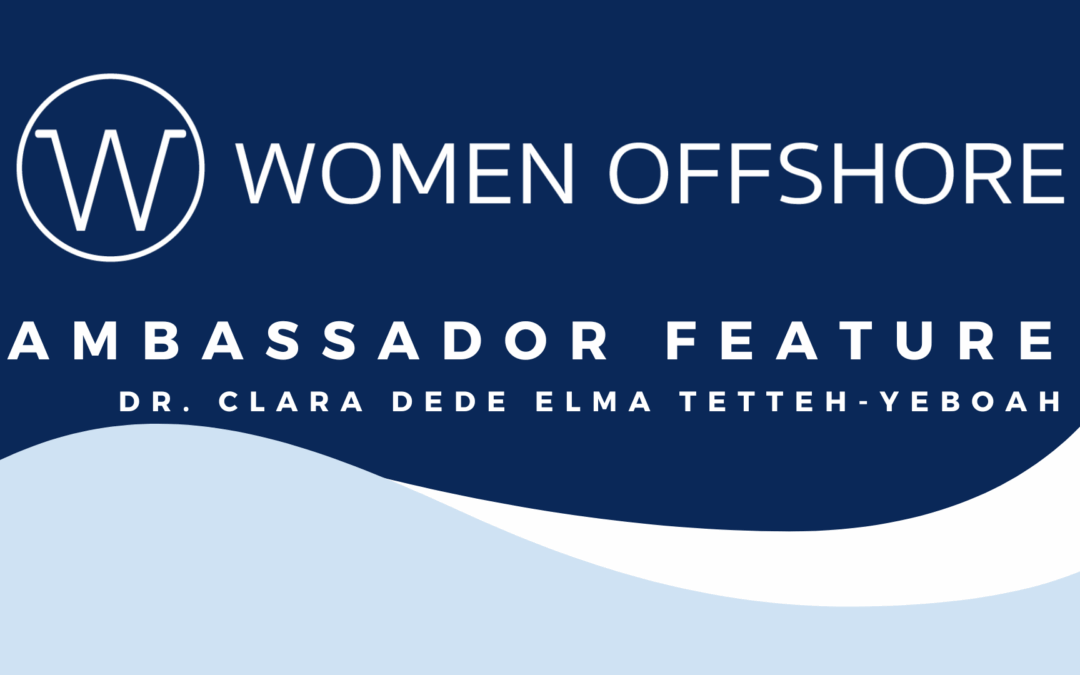
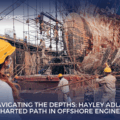

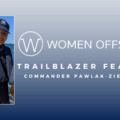
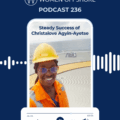
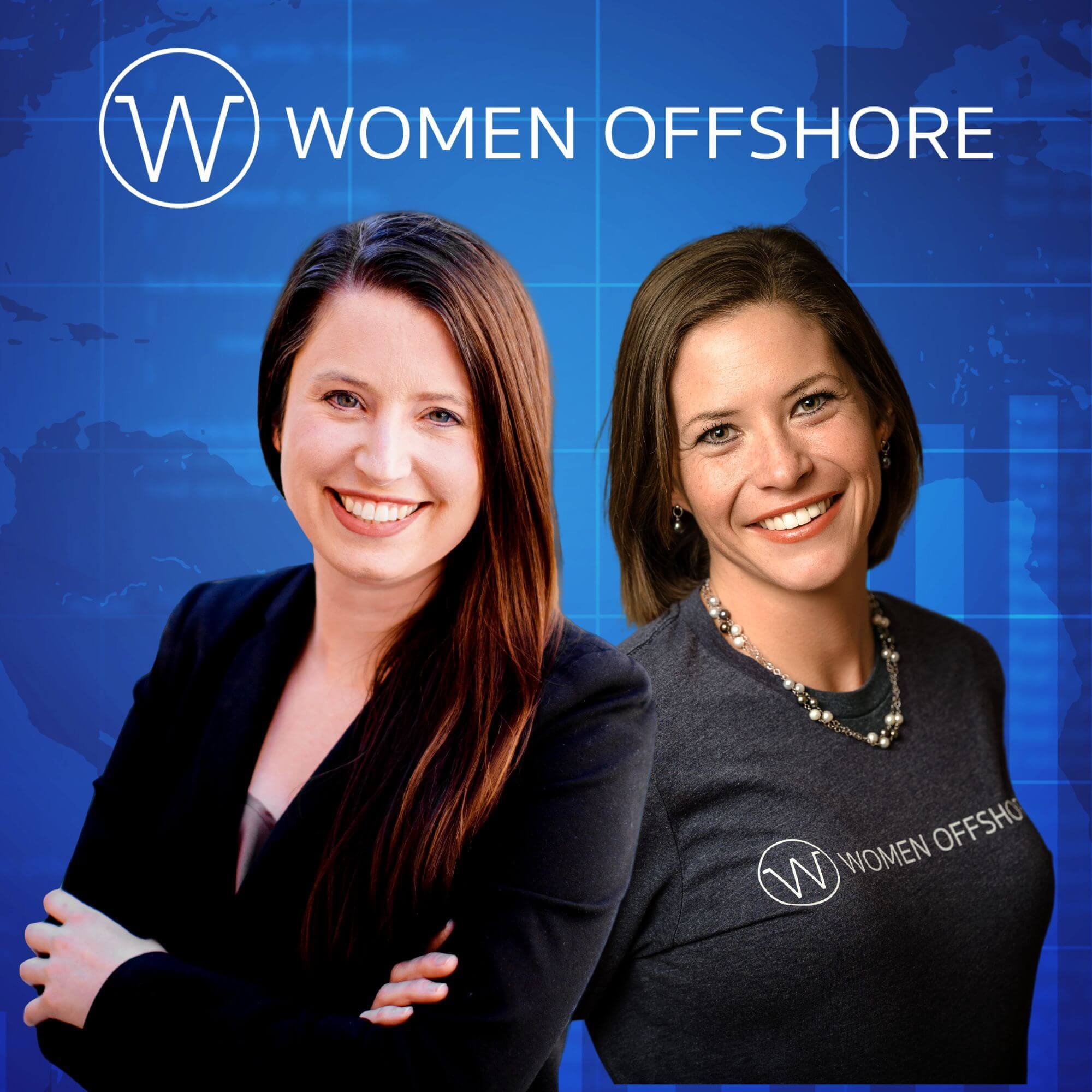
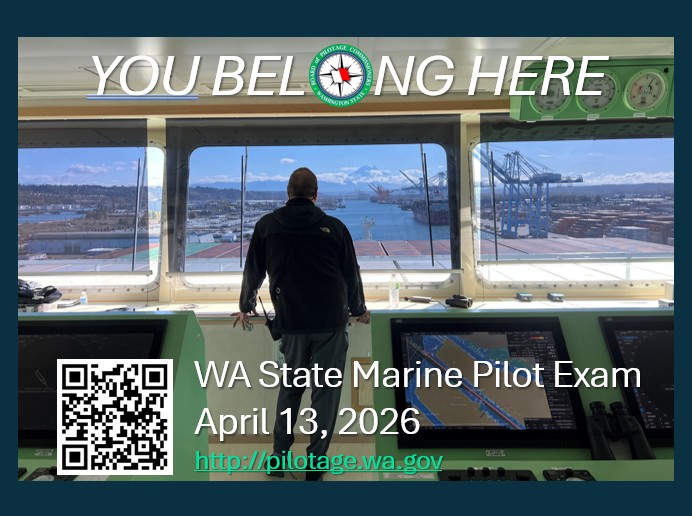


Recent Comments